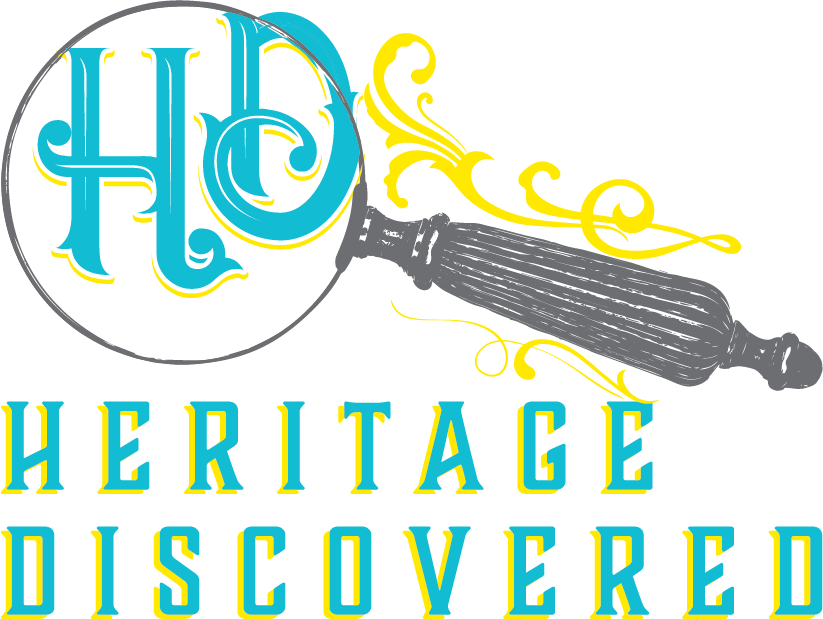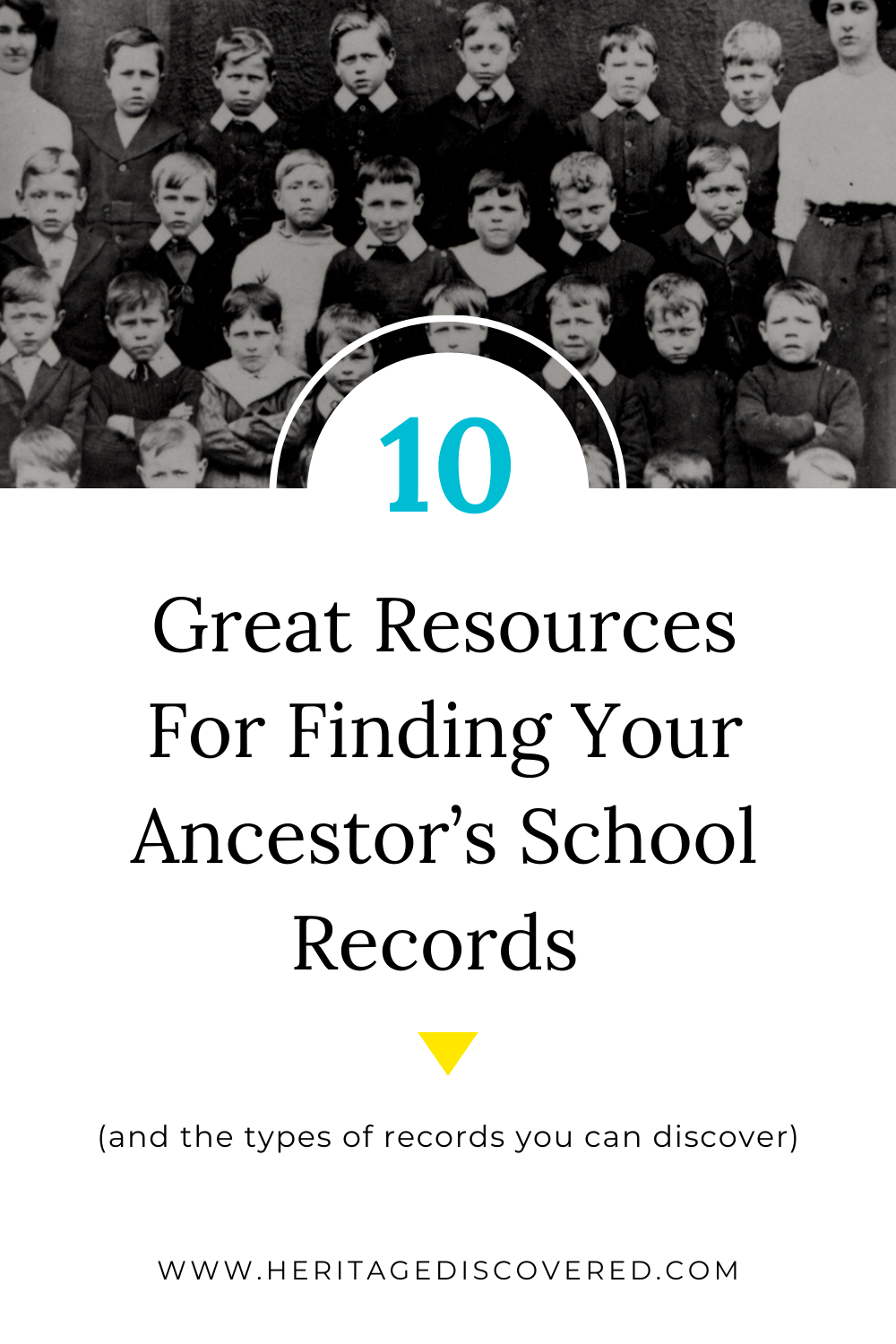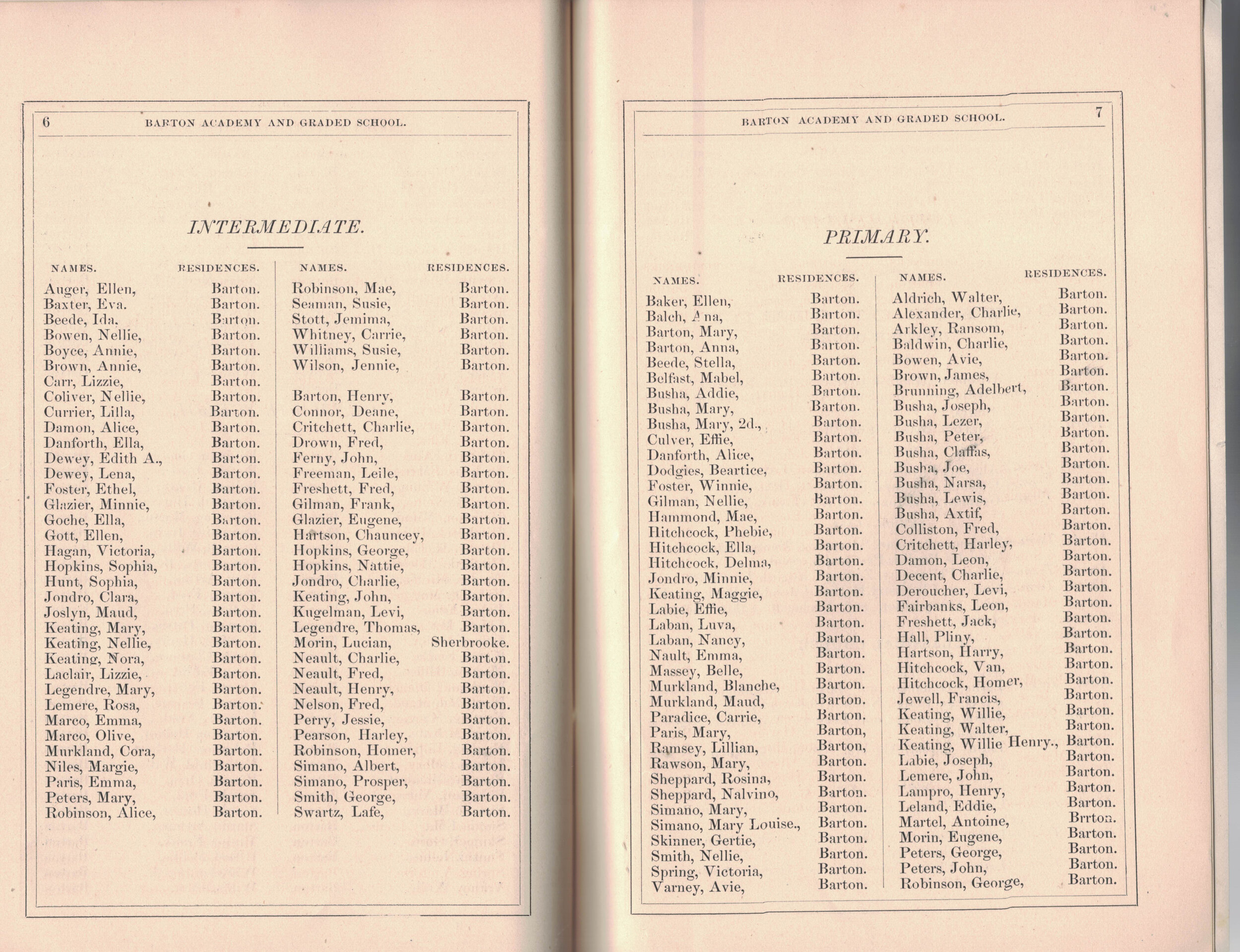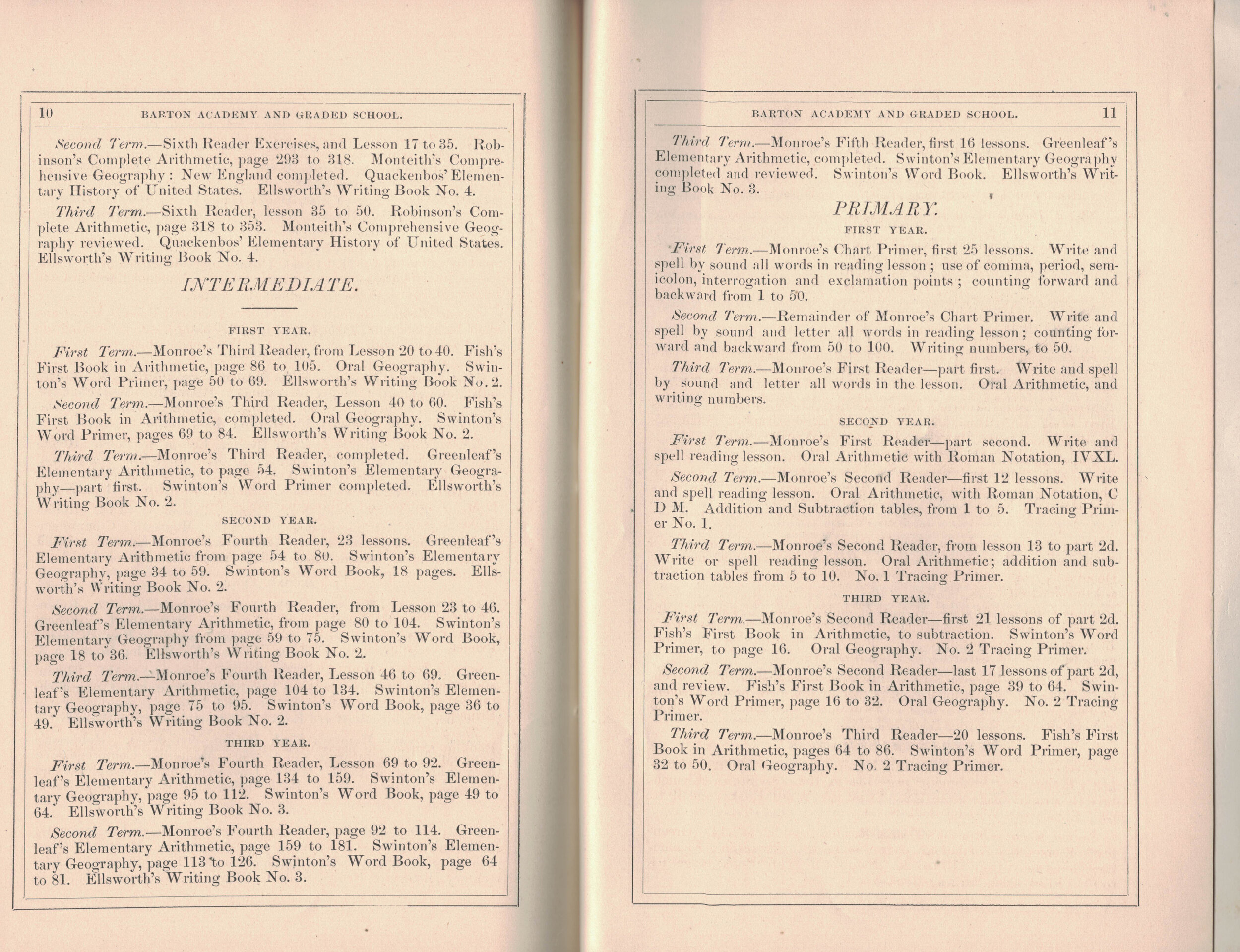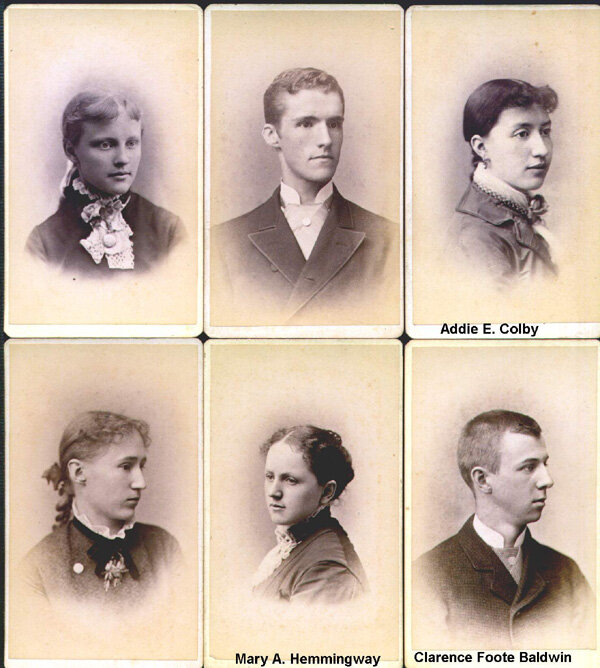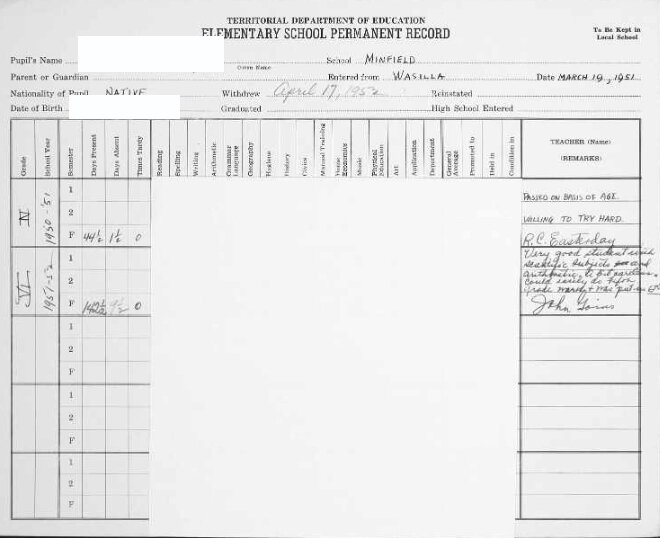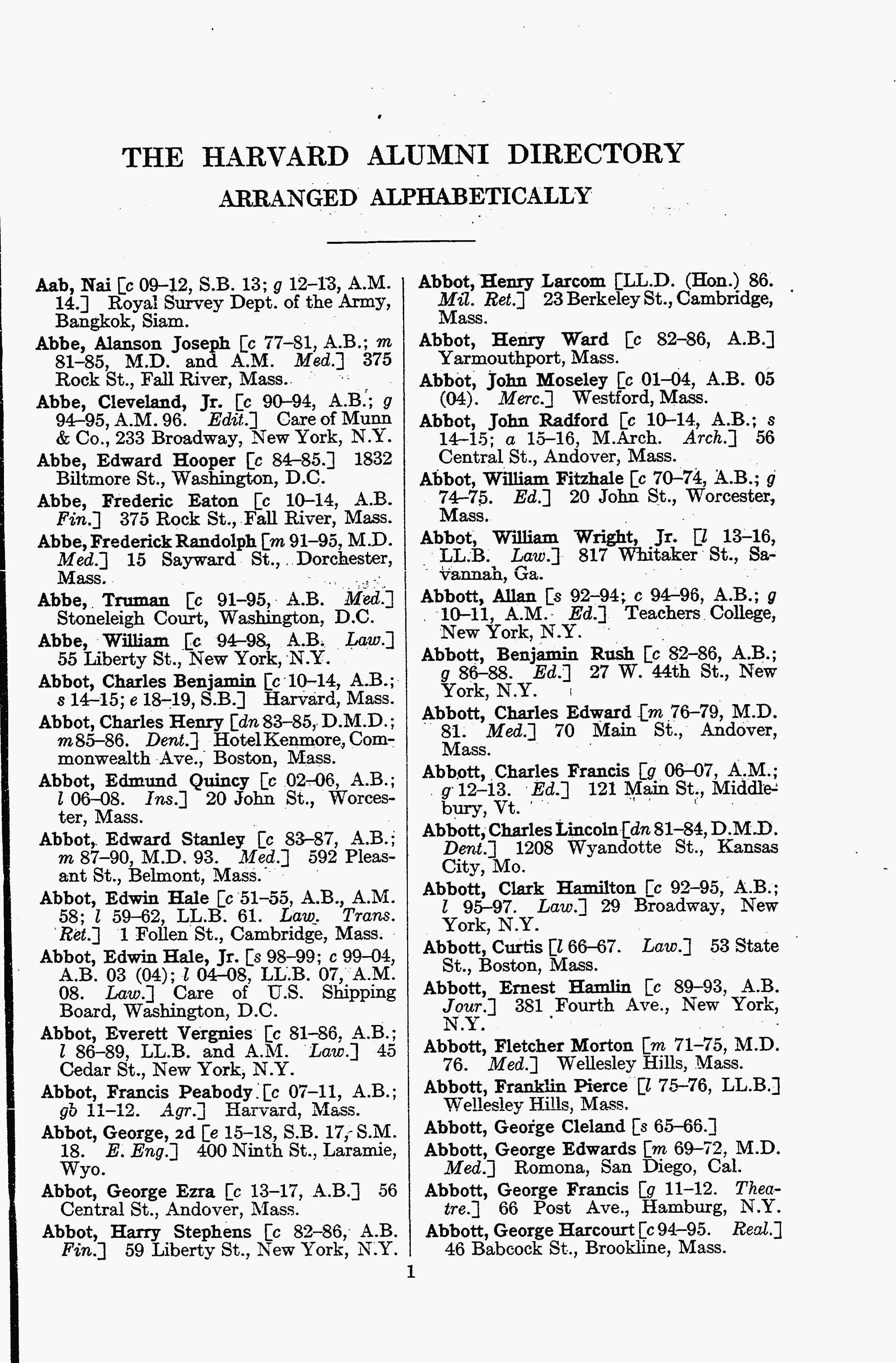10 Great Resources For Finding Your Ancestor’s School Records
*This post may have affiliate links, which means I may receive commissions if you choose to purchase through links I provide (at no extra cost to you). All opinions remain my own.
School records may not be the first type of resource you think of when doing genealogy work, but they can be worth the search.
Your ancestor may or may not have graduated from high school or college depending on how far back in your family tree they are (I know a lot of mine didn’t). But chances are they attended grade school and perhaps a little high school.
And that means there could be documents and/or photos of your family member!
In this post, I’ll share how to find old school records in your genealogy research.
Why you should look for school records
Why hunt down the documents for your ancestor’s alma mater?
School records can enhance what you know about your family, to help you gather more stories and put their lives into more context.
They help you fill in gaps between censuses so you can confirm where your family was living. I have one family that was in a different place every census, but school ephemera helped me narrow down when they were in one town.
They can also fill in gaps in vital records. Some states didn’t track births until much later than others, so these resources may help you identify that mysterious birthdate.
These resources can also give you insight into your ancestor. What grades did they get? What clubs were they in? Did they play sports? Who were their classmates?
Related posts:
How To Use Online Family Trees The Right Way
How Probate Records Can Help You Find Your Female Ancestors
How to Research Your Orphan Ancestors
Types of old school records and what you can learn from them
There are several different of types of resources you may come across in your search, but here are a few examples to get you started.
1) School censuses and registers. On these, students are often listed along with their age. You may uncover a birthdate and the names of parents and siblings, too.
Image source: FamilySearch
2) Annual reports and catalogs. Annual reports and catalogs documented things like students that year, subjects the students were taught, and the principal and teachers. In some cases, you may come across details like the number of days each student attended and what grades they earned.
This Barton Academy catalog for 1879-1880 shows my 3x great grandmother, Emma Perusse [as Paris], and her sister as students in the Intermediate and Primary sections.
Image sources: personal papers
3) Yearbooks. Discovering what your ancestor looked like is the most exciting part of seeing them in a yearbook, of course. But you can also learn what clubs and other extracurricular activities they were in, which is fun to see.
Image source: Cayuga Genealogy
4) School newspapers. These are a little harder to find than other resource types, but some are online. If you can locate them, they’re a fun way to get an inside view of the day-to-day life of students. You can uncover things like class officers, events the students held and who was there, and maybe you’ll even come across a picture of your relative.
5) Student files. You may turn up the individual files with their birthdays, their parents’ names, classes they took, comments from teachers, their grades, and other intriguing details.
Image source: FamilySearch. (Note: FamilySearch blocked out the grades and I blocked out the name.)
6) Alumni directories. If the person you’re researching attended a university, they may be listed in an alumni directory. Directories for institutions like Dartmouth and Harvard can be found online. These can tell you what degrees they earned and when, their occupation, and even their address.
Image source: Ancestry.com
Related posts:
How the Digital Public Library of America Can Power Up Your Genealogy Research
Can’t Find Your Women Ancestors? You Need To Try Using Religious Records
Why Isn’t My Ancestor in the Census?
Where to find school records for your genealogy research
School and related materials can be found in a mix of online and offline resources.
Here are some ideas of where to start looking:
1) State archives and local historical societies. I love archives and libraries. They can have unique items for your genealogy research that you can’t find in other places. Check out local archives to see if they have any relevant resources for you.
For example, the Wyoming State Archives has school district census papers, newspaper articles, and more.
2) USGenWeb is a network of genealogy websites run by volunteers. Local county pages can have school records, like these for San Joaquin County (CA) and Alameda County (CA).
3) Like USGenWeb, Genealogy Trails has sites for county genealogical resources. Kiowa County (OK) and Traill County (ND) are two sites with school records.
4) Books. People have compiled school records, like this one on Wyeth County (VA), or this one on early attendance records for Sonoma County (CA).
5) Local history books can also give you some historical background, such as when schools were established, where they were located, or what subjects the pupils studied. You may come upon lists of honor roll students or graduates, also.
6 FamilySearch has a lot of school collections, including alumni directories, annual reports, and reunion programs.
7) Ancestry also has a wealth of school-related records. There are registers and census lists, yearbooks, catalogs, certificates, and a lot of other collections.
8) Home sources . What papers do you already have at home? Your grandmother’s report card or other documents or photos might be in your family papers.
9) The school itself. Universities and longstanding academic institutions are likely to have archives on their history. They may have materials about your ancestor. There could be yearbooks, scrapbooks, photos, and many other resources. Deerfield Academy is an example or a school archive.
10) Newspapers. I mentioned school newspapers earlier but also check the local town paper. You can find articles on the activities students participated in, such as sports teams or plays.
Related posts:
How to Organize Your Genealogy Files With Binders
How to Use the Online Archive of California in Your Genealogy Research
Solve Your Genealogy Brick Wall: Review and Analyze Your Research
Final thoughts
School records may not be the first type of resource you seek out, but they can add to what you know about your ancestor. They may even help you break a brick wall if you discover a birthdate or their parents’ names. They can be worth the effort to track down!
